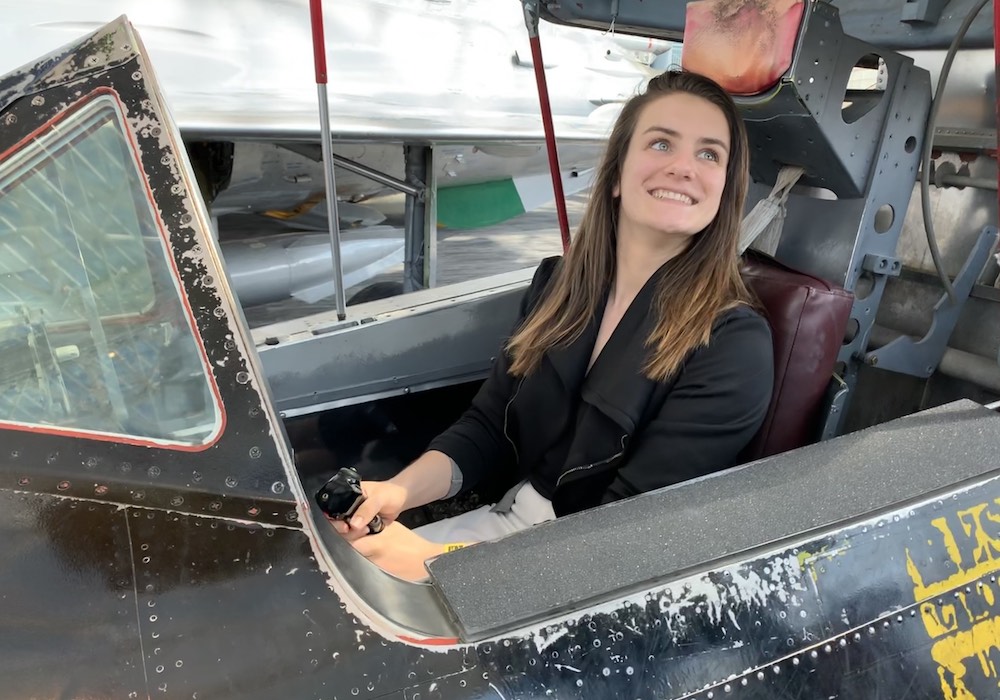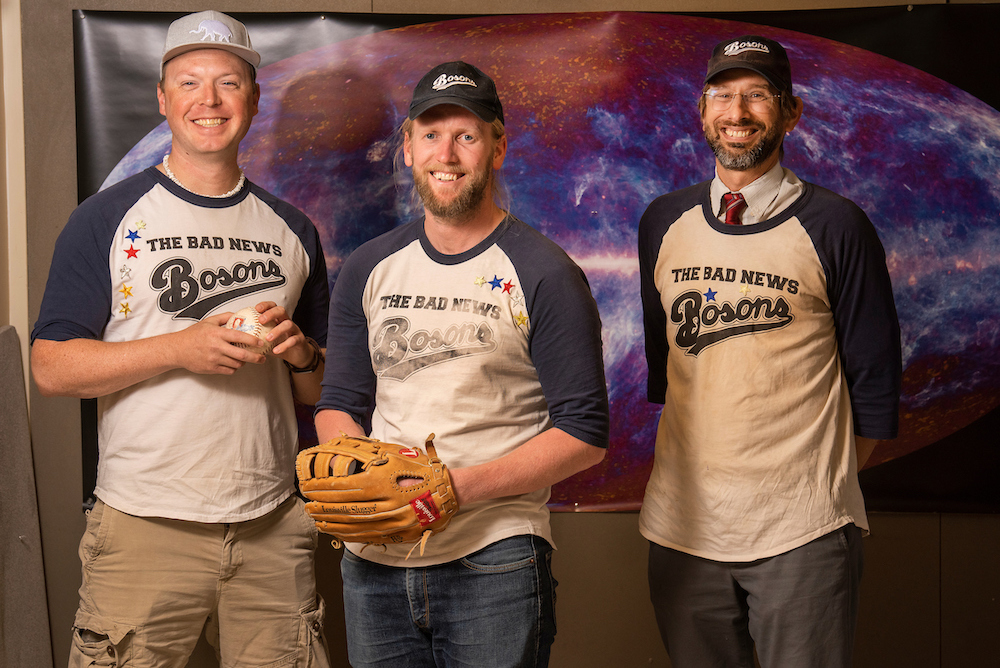A physics degree is your gateway to a broad range of careers. As a physics major at UC Davis, you can follow in the footsteps of alumni who are working as data analysts, aerospace engineers, programmers, research scientists, lawyers, teachers, and so much more.
“Our alumni report back to us that the training they receive in physics is really helpful in a variety of careers,” said Lloyd Knox, a professor in the Department of Physics and Astronomy.
Physics teaches practical skills

At the most fundamental level, physics explores what the universe is made of and how it works. As a physics major, your studies will range from the very smallest elementary particles, to the matter that surrounds us, to the structure and evolution of the entire universe. But what makes physics majors valuable to employers is the emphasis on solving problems and mastering hands-on experiments. “Physics students are constantly being engaged in technical problem solving,” Knox said.
According the American Physical Society, more than 60 percent of bachelor-degree holders find their first post-graduate jobs in the private sector, with about half of those in computer and information systems and engineering, and another 25 percent in careers outside of science, technology, engineering and mathematics (STEM).
Alumna Bethany Baldwin-Pulcini, who earned her B.S. in physics in 2016, is pursuing a career in the space industry. She works for Firefly Aerospace, a startup in Austin, Texas, that is building a new rocket for the small satellite industry. As a systems engineer, Baldwin-Pulcini focuses on the flight termination system, which is deployed if the rocket veers off course after launch. “I think physics gave me a good foundation I can build on for engineering,” she said.
While Baldwin-Pulcini went into engineering from physics, another recent UC Davis grad took the opposite route. Vik Dhaliwal (B.S., physics, ’16) started out as an electrical engineering major and switched to physics. “I remember looking at electrical components, and I kept asking really basic questions about how they work. That led me to physics,” he said.
Research opportunities in physics

Dhaliwal said he boosted his marketable skills through undergraduate research. “If you’re graduating with a B.S. in physics, you need to be active in research or a club where you’re building something and learning something new,” he said. As an undergraduate, Dhaliwal worked with Professor Mani Tripathi on data collection and acquisition for dark matter detection. “The work I was doing in the lab on the software and hardware side was exactly what I was doing at my first job, just on a bigger scale,” he said. Dhaliwal now works for an aviation company in Mountain View, California.
Many UC Davis professors include one or more undergraduates in their research groups, Knox said. “Our doors are always open,” he said. Usually a student interested in joining a research group contacts the professor directly. There are opportunities to get involved in real-world experiments on equipment that will become part of the Large Hadron Collider at CERN or next-generation nuclear weapon detection systems. In astronomy and astrophysics, students also can work with professors who observe space with the world’s most powerful telescopes, such as the Hubble Space Telescope and the Keck Observatory in Hawaii.
About the physics major

Undergraduate physics at UC Davis offers three options: a comprehensive bachelor of science; a B.S. with an emphasis in astrophysics; and an A.B. degree in applied physics with specializations available in computational physics, chemical physics, materials science, physical oceanography, atmospheric physics, geophysics, and physical electronics.
As one of the smaller majors on campus, physics boasts a tight-knit, supportive community, Knox said. Students have their own room in the physics building for study groups and meetings. The Physics Club mounts an award-winning Picnic Day show, and the Astronomy Club organizes viewing events. “I think one of my favorite parts of being a physics major is the fact that you were never alone if you needed help on something,” Baldwin-Pulcini said.
More information about the physics major
To learn more about the physics major, watch these short videos of physics majors discussing their experience at UC Davis. You can also read alumni testimonials.
Becky Oskin is a content strategist and writer for the College of Letters and Science.
